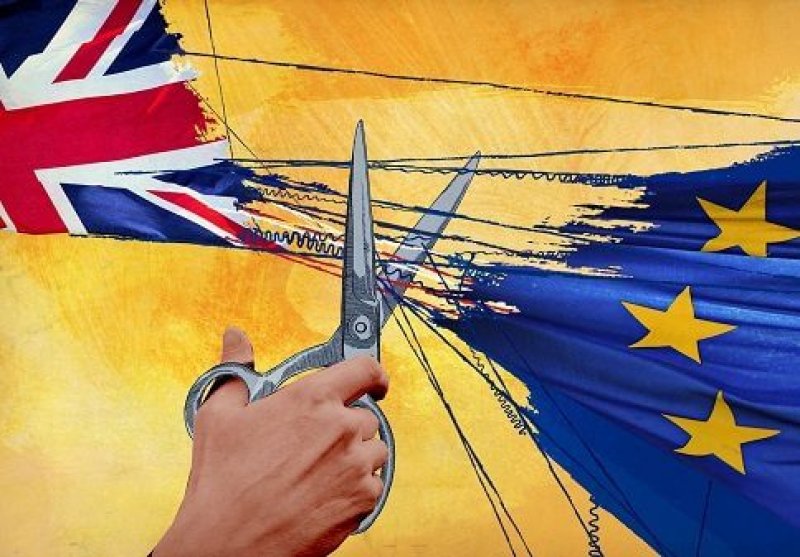Rural industries such as sheep farming are seeking answers as to what Brexit will mean for them.
The implications of Brexit for the rural economy in Scotland were explored by a Holyrood committee [Nov. 25], as MSPs questioned the UK Government’s secretary of state for environment, food and rural affairs.
George Eustice was grilled by the Rural Economy and Connectivity Committee on the impact of the UK’s withdrawal from the European Union for Scottish agriculture, fisheries, and the wider food and drink industry.
Scottish Conservative MSP Peter Chapman asked about the desire to meet existing EU standards and remaining aligned until a deal is done.
Eustice responded that this “doesn’t make sense” as there will be things the UK will want to do differently, giving examples of the current reliance on chemical pesticides and gene editing. “We don’t want to just slavishly follow legacy EU law”, he added.































